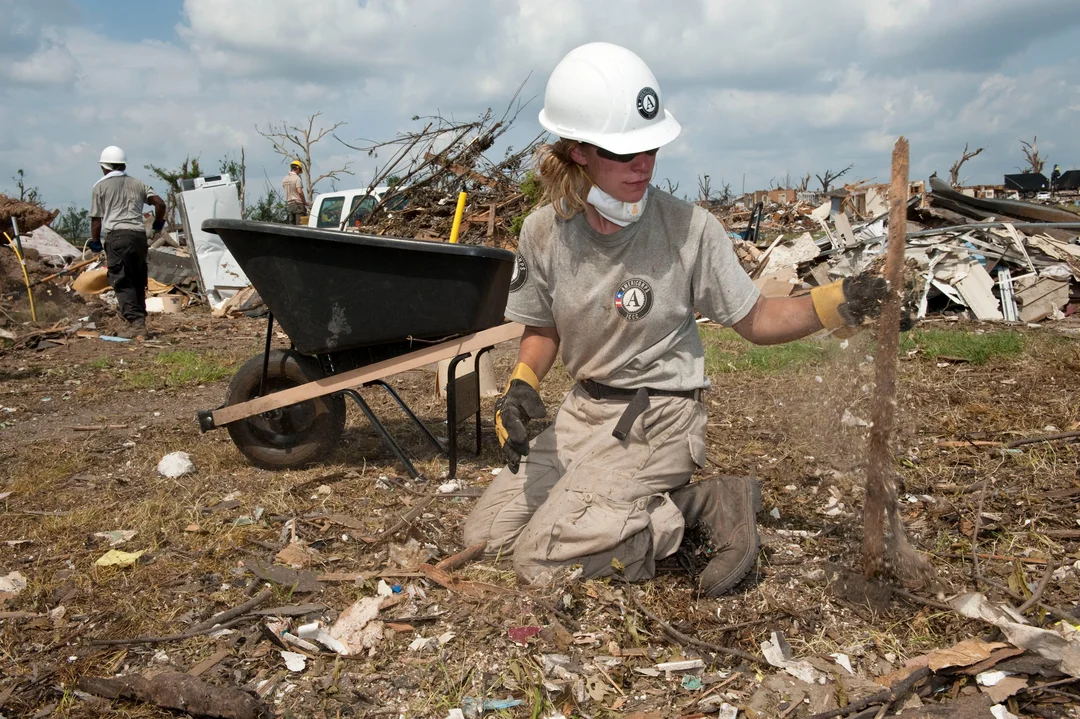
Is the Future of AmeriCorps in Jeopardy?
In a dramatic shift that has left many wondering about the future of community service in America, California Governor Gavin Newsom has announced plans to sue the Trump Administration over the dismantling of AmeriCorps. This move comes alongside the abrupt placement of a significant majority of AmeriCorps staff on administrative leave.
On a recent Wednesday, AmeriCorps management notified its National Civilian Community Corps (NCCC) members that they would be discharged prematurely due to funding cuts initiated by the Department of Government Efficiency, led by Elon Musk's controversial DOGE initiative. With the dismissal impacting crucial community programs aimed at aiding vulnerable populations, California is stepping up to protect its service efforts.

Governor Newsom's remarks reflect deep frustrations regarding the degradation of federal support for community service programs. “We’ve gone from the New Deal and Great Society to a federal government that disregards the volunteers serving their fellow Americans. We will sue to stop this,” he stated emphatically. Newsom's administration has emphasized the urgency of the situation, advocating for the acceleration of recruitment for the California Service Corps, which is already the largest service corp in the U.S.
The impact on local communities cannot be overstated. AmeriCorps and NCCC members have been indispensable in disaster response efforts, with members actively engaged in helping families recover from devastating wildfires that ravaged Los Angeles earlier this year. Josh Fryday, the director of GO-Serve, echoed this sentiment, stating, “DOGE’s actions aren’t about improving government; they weaken communities.”

This turmoil around AmeriCorps is not new; the agency has faced ongoing scrutiny over its funding, with past administrations proposing budget cuts that have alarmed advocates for service programs. With over 200,000 volunteers dispatched nationwide, the consequences of this dismantling are expected to reverberate across various sectors, from education to disaster relief.
The voice of those affected adds a poignant layer to this debate. Jade Marshalek, an NCCC member recently discharged, expressed her concern that “a lot more nonprofits and government organizations are going to need help.” As AmeriCorps members fill critical gaps in public service, the cancellation of their terms raises urgent questions regarding the sustainability of such programs.
As the legal fallout develops, one thing is clear: the fate of AmeriCorps and community service programs nationwide hangs in the balance. Will states like California succeed in protecting these vital resources, or will volunteerism take a devastating hit? The outcome could redefine community support for years to come.
What are your thoughts on the government's role in supporting community service initiatives? We encourage readers to share their opinions and engage in this vital conversation.